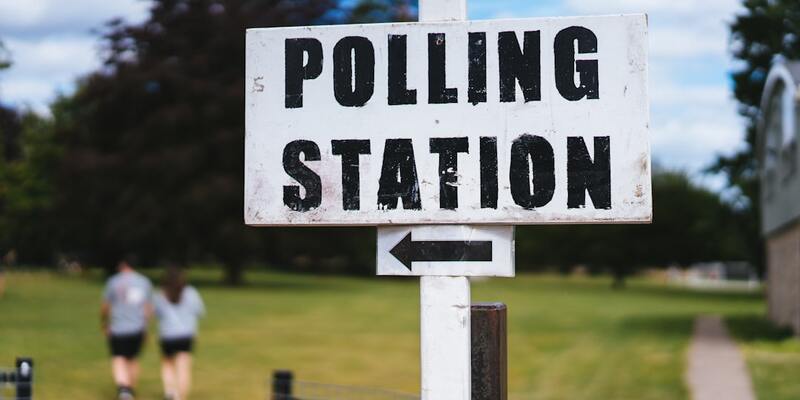Understanding Sleep Apnea: What Seniors Need to Know

Sleep is an essential part of maintaining good health, especially as we age. However, for many seniors, getting a good night’s rest can be challenging due to a common condition known as sleep apnea. This sleep disorder can significantly impact your overall well-being, but with the right knowledge and treatment, you can manage it effectively. In this article, we’ll explore what sleep apnea is, its symptoms, risks, and the steps you can take to ensure a better night’s sleep.
What is Sleep Apnea?
Sleep apnea is a sleep disorder where your breathing repeatedly stops and starts during sleep. These pauses in breathing, known as apneas, can last from a few seconds to a minute and may occur multiple times throughout the night. The most common type of sleep apnea is obstructive sleep apnea (OSA), which occurs when the muscles in the back of your throat relax too much, causing a blockage in the airway.
Another type, central sleep apnea (CSA), is less common and involves the brain failing to send proper signals to the muscles that control breathing. Some people may experience a combination of both, known as complex sleep apnea syndrome.
Common Symptoms of Sleep Apnea
Sleep apnea often goes undiagnosed because its most noticeable symptoms occur during sleep. However, there are several signs to watch for, including:
- Loud snoring: Frequent and loud snoring is a common sign of sleep apnea, especially in obstructive sleep apnea.
- Gasping or choking during sleep: You may wake up suddenly, feeling short of breath or choking, due to interrupted breathing.
- Daytime sleepiness: Feeling excessively tired during the day, even after a full night’s sleep, is a key symptom of sleep apnea.
- Morning headaches: Waking up with a headache can result from low oxygen levels during sleep.
- Difficulty staying asleep: Frequent awakenings during the night can be caused by the disrupted sleep pattern of sleep apnea.
- Difficulty concentrating: Daytime fatigue and lack of restful sleep can lead to problems with concentration and memory.
Risks and Complications of Sleep Apnea
Sleep apnea is more than just a nuisance—it can have serious health implications, particularly for seniors. If left untreated, sleep apnea can increase the risk of developing several health problems, including:
- High blood pressure: Frequent drops in oxygen levels during sleep can strain the cardiovascular system, leading to hypertension.
- Heart disease: Sleep apnea increases the risk of heart attacks, irregular heartbeats, and other heart-related issues.
- Stroke: The condition has been linked to a higher risk of stroke due to its effects on blood circulation.
- Type 2 diabetes: Sleep apnea can increase insulin resistance, making it more difficult to control blood sugar levels.
- Depression: Poor sleep quality can contribute to mood disorders, including depression and anxiety.
Diagnosis and Treatment Options
If you suspect you have sleep apnea, it’s important to talk to your doctor. They may refer you to a sleep specialist, who can conduct a sleep study to diagnose the condition. This study typically involves monitoring your breathing, heart rate, and oxygen levels while you sleep.
There are several treatment options available, depending on the severity of your sleep apnea:
- Lifestyle Changes: For mild cases of sleep apnea, lifestyle changes can make a significant difference. This may include losing weight, avoiding alcohol before bed, quitting smoking, and sleeping on your side instead of your back.
- Continuous Positive Airway Pressure (CPAP): CPAP is the most common treatment for moderate to severe obstructive sleep apnea. It involves wearing a mask over your nose and mouth while you sleep. The mask is connected to a machine that delivers a continuous stream of air, keeping your airway open.
- Oral Appliances: For those who find CPAP difficult to use, an oral appliance that repositions the jaw to keep the airway open may be an effective alternative.
- Surgery: In some cases, surgery may be recommended to remove tissue or reposition structures in the airway that are causing the obstruction.
- Adaptive Servo-Ventilation (ASV): This is a newer treatment for central sleep apnea that adjusts airflow based on your breathing patterns.
Living with Sleep Apnea
Managing sleep apnea effectively can greatly improve your quality of life. Here are a few tips for living with the condition:
- Stick to your treatment plan: Whether it’s using a CPAP machine or an oral appliance, consistency is key to managing sleep apnea.
- Maintain a healthy lifestyle: Eating well, exercising, and managing your weight can help reduce the severity of sleep apnea.
- Create a sleep-friendly environment: Make your bedroom a comfortable place to sleep by keeping it cool, dark, and quiet.
- Monitor your health: Regular check-ups with your doctor can help you stay on top of your condition and adjust your treatment as needed.
Conclusion
Sleep apnea is a common but serious condition that affects many seniors. Understanding the symptoms and seeking proper treatment can make a significant difference in your overall health and well-being. With the right approach, you can manage sleep apnea and enjoy restful, rejuvenating sleep, leading to a healthier and more active life.






